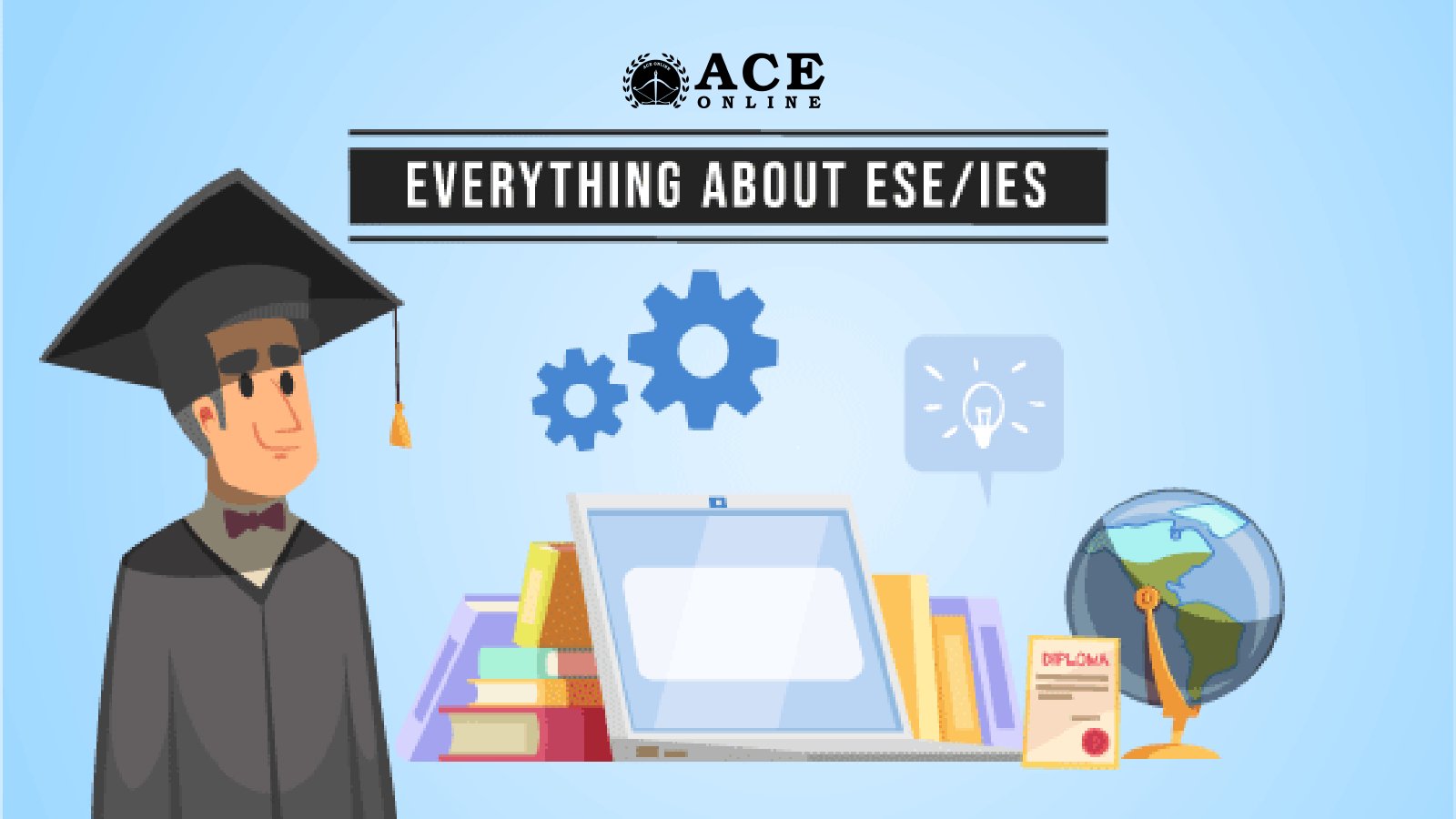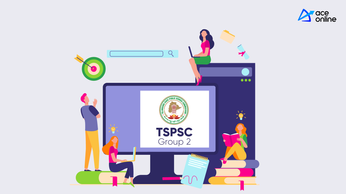
IES Officer Job Profile, Salary, Benefits, and Career Growth
In this article, we will delve into the job profile, salary structure, benefits, and the potential for career advancement for those aspiring to become IES officers.
About ESE Exam
The position of an Indian Engineering Services (IES) officer is a highly sought-after and prestigious role in the field of engineering. IES officers play a vital role in the development and management of infrastructure projects under various government departments and ministries. With a unique blend of technical expertise and administrative responsibilities, these officers contribute to the nation's growth while enjoying an attractive salary, numerous benefits, and promising career growth prospects. In this article, we will delve into the job profile, salary structure, benefits, and the potential for career advancement for those aspiring to become IES officers.

Here’s All You Want to Know About ESE/IES
IES Officer Job Profile
The job profile of an Indian Engineering Services (IES) officer is multifaceted and demanding. IES officers are responsible for managing and supervising engineering projects and services under various government departments and ministries. Their work involves planning, designing, implementing, and maintaining critical infrastructure projects such as roads, railways, airports, bridges, dams, and more. They play a crucial role in policy formulation, providing technical advice, and evaluating project feasibility and progress. IES officers work both in office settings and on-site visits, ensuring the smooth functioning and quality execution of engineering projects. Their job requires a blend of technical expertise, managerial skills, and administrative capabilities.
IES officers shoulder immense responsibilities in overseeing the development and maintenance of vital infrastructure that directly impacts the lives of people. They are entrusted with the task of ensuring that engineering projects are executed efficiently, adhering to quality standards, and meeting regulatory requirements. Their decisions and expertise shape the nation's development landscape and contribute to the growth and progress of the country. IES officers not only bring their technical knowledge to the table but also possess the ability to manage resources, handle teams, and make crucial decisions that drive the successful completion of projects. The job profile of an IES officer demands a high level of professionalism, dedication, and commitment to public service.
IES Officer Salary Details & Allowances
Salary Components of IES Officers:
Basic Pay: The basic pay of an IES officer is determined based on the Pay Matrix as per the Seventh Central Pay Commission. The initial basic salary for an entry-level officer is approximately INR 56,100 per month (Pay Level 10).
Allowances: In addition to the basic pay, IES officers receive various allowances. Some of the common allowances include:
- Dearness Allowance (DA): It is provided to offset the impact of inflation and is based on the All India Consumer Price Index.
- House Rent Allowance (HRA): Officers either receive government-provided accommodation or an HRA as a percentage of the basic pay, depending on the location.
- Transport Allowance: This allowance is provided to meet transportation expenses.
- Medical Allowance: Officers and their family members are entitled to medical benefits.
- Leave Travel Allowance:: An additional incentive that depends on a number of factors.
- Other Allowances: Additional allowances may include Children's Education Allowance, Leave Travel Concession, etc.
- Official Vehicle: IES officers are provided with an official vehicle for official work purposes, including travel to sites, meetings, and seminars. However, the provision of an official vehicle may vary based on the department.
- Gratuity: IES officers are eligible to receive gratuity as a token of appreciation for their service. Gratuity is a lump-sum payment given to an employee upon retirement or resignation.
- CGHS Medical Facility: IES officers are entitled to CGHS (Central Government Health Scheme) medical facility, which covers their medical expenses. The extent of this facility may vary, and in some cases, officers may receive an additional payout for medical expenses.
- Provident Fund: Each IES officer is allotted a provident fund, which serves as a financial support system after retirement. The provident fund accumulates over the course of the officer's career and provides a lump-sum amount at retirement.
- Personal Assistant: IES officers are assigned a personal assistant to assist them with their official duties. The provision of a personal assistant may vary depending on the department in which the officer serves.
- Peon: A peon is provided to IES officers to assist with official work tasks and provide support in day-to-day activities.
- Leave Encashment: If an IES officer has pending leaves at the end of the year, the option of leave encashment is available. This allows officers to convert their unused leaves into monetary compensation.
- Driver: IES officers are provided with a driver to operate their official vehicle, ensuring smooth transportation during official engagements.
- Domestic Servant: To facilitate a better focus on official duties, IES officers may be provided with a domestic servant who assists with household tasks.
IES Officer Career Growth
- Junior Level
- IES Senior Scale
- IES Junior Administrative Grade
- Selection Grade Scale (Chief Engineer L2/ Joint GM)
- Super Timegrade (Chief Engineer/ Additional GM)
- Cabinet Secretary Grade
IES Officers' Specializations and Expertise
Engineering Service Officers have the opportunity to specialize in various engineering disciplines such as civil engineering, mechanical engineering, electrical engineering, and electronics and telecommunication engineering. By acquiring specialized knowledge and skills, officers can enhance their expertise and open doors to more challenging and rewarding projects. Specializations enable them to work on projects specific to their field, contributing to their professional growth and recognition within the engineering community. Additionally, officers can pursue advanced degrees or certifications to further develop their skills and improve their prospects for career advancement.
Departments for IES Officers
- Central Power Engineering Service
- Indian Army Engineering Service
- Indian Navy Armaments Service
- Indian Ordnance Factory
- Border Roads Engineering Service
- Central Engineering Service for Roads
- Central Water Engineering
- Defense Service Engineering Corps
- Geological Survey of India
- Indian Railway Service
- Indian Supply Service
- Indian Telecommunication Service
- Central Electrical and Mechanical Service
An IES officer's job profile offers a unique combination of technical expertise, administrative responsibilities, and a chance to contribute to the nation's development. The attractive salary, benefits, and career growth opportunities make it an enticing career choice for engineering graduates. The opportunity to work on significant infrastructure projects, the prestige associated with the position, and the chance to make a positive impact on society further enhance the appeal of becoming an IES officer.
ACE Online Newsletter
Join the newsletter to receive the latest updates in your inbox.







